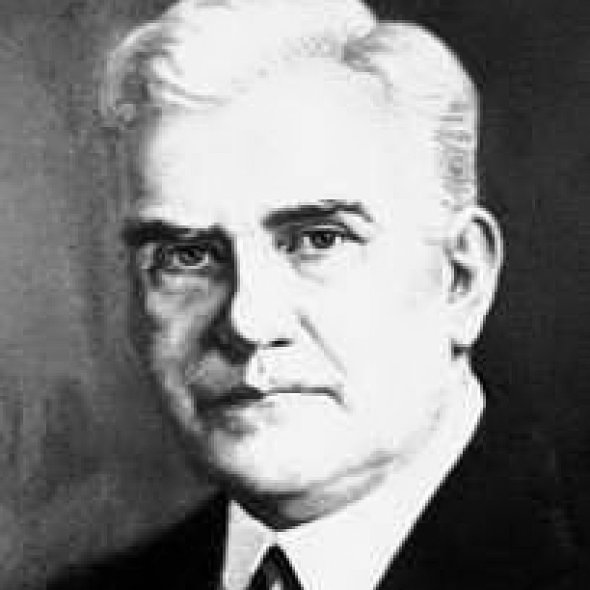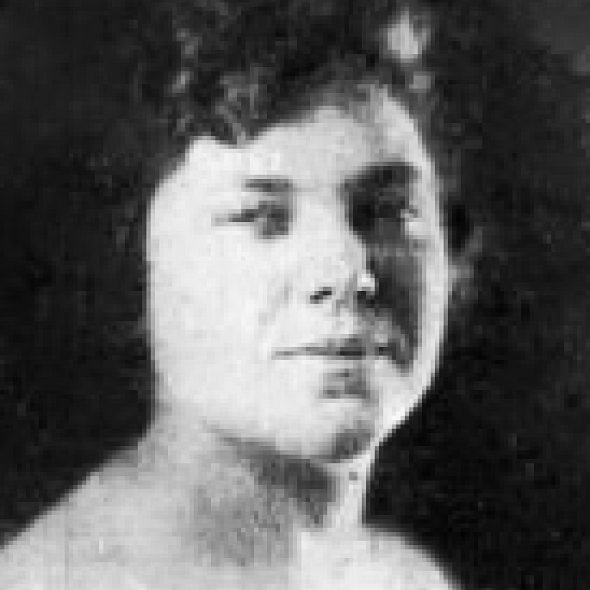By the age of 15, Owens had been promoted to become a skilled glass blower, working alongside craftsmen three times his age. His rise in the ranks of the American Flint Glass Workers, a national labor union, caught the eye of Edward Libbey, the owner of a struggling glass factory in Toledo, Ohio. Upon transfer to Libbey’s factory in 1893, he quickly became its superintendent. Owens, however, did more than rescue the factory—his experiments and their subsequent technological advancements placed the outfit on the cutting edge of the glass industry.
Owens’s initial foray into automation of the glassmaking process involved using a piston pump to pull a standardized measure of molten glass and blow it into the desired mold by reversing the pump. He took out his first patents in 1895, designing machines to manufacture lamp chimneys (the tall glass top of a kerosene lamp) and tumblers (tall drinking glasses).
Owens joined with Libbey to form the Owens Bottle Machine Company in 1903. His inherent perseverance pushed him to pursue perfection in his production methods, and by 1904 he had designed a patented machine that could produce four bottles per second. The behemoth machines could accommodate six to twenty individual bottling arms—a fifteen-arm machine could do the work of a dozen or more skilled glass blowers, dramatically cutting labor costs for factory management. His designs were so intricate that one machine, dubbed the AR, contained approximately 10,000 parts and weighed nearly 50 tons.
Owens’s return to West Virginia in 1909 marked the start of the Mountain State’s booming glass industry with the opening of a state-of-the-art bottle factory in Fairmont. Owens was able to translate his mechanical problem solving skills to the economic realm through investing. He and Libbey funded an inventor who was attempting to mechanize the production of sheet glass for windows, and in 1912, Owens purchased the patents for the machine and perfected it, going on to form the Libbey-Owens Sheet Glass Company in 1916. The same year, he opened what would become the world’s largest window glass production factory in Charleston. With his unique fingerprint permanently pressed on the proverbial glass of manufacturing, Owens left management of operations and investments to Libbey and returned to inventing—the passion that started it all. At the time of his death, Owens was searching for a way to manufacture safer automobile glass.
While some economists and labor supporters might argue that Owens’s mechanizations displaced human workers, his inventions significantly reduced the abuse of child labor in the glass industry. His exposure to the societal ills of child labor fueled his desire to mechanize the processes of industry which previously relied on impoverished families to support with their vulnerable young. His mechanization of the glass blowing process in particular virtually eliminated child labor in the glass factories, illustrating how an individual’s problem solving capabilities can aid in solving the problems of many.
Michael Owens’s passionate and brilliant displays of problem solving were instilled during the struggles of his youth and continued throughout his lifetime. Owens was able to translate that experience into a life inspired by critical and creative thinking—one that brought industry and jobs to West Virginia. The Owens legacy lives on through the Libbey, Inc. Company, which still manufactures home and foodservice glassware today.











